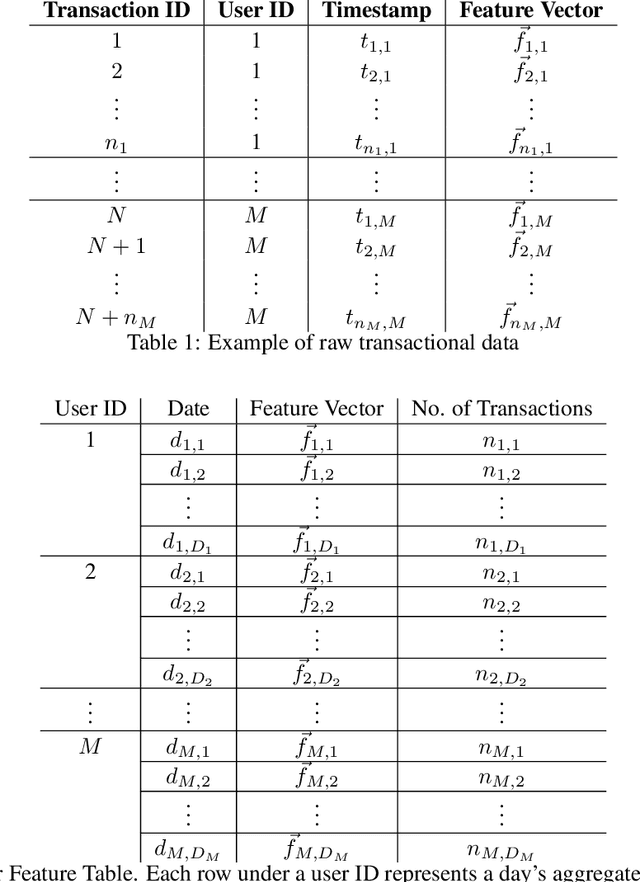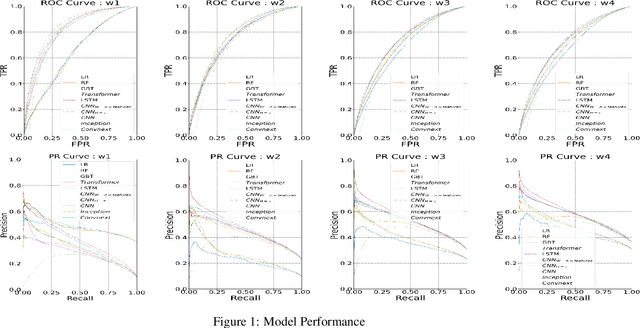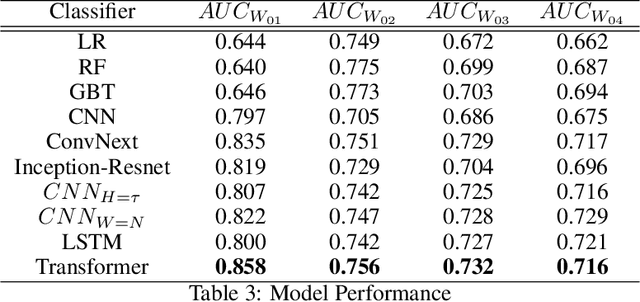Early Churn Prediction from Large Scale User-Product Interaction Time Series
Paper and Code
Sep 25, 2023


User churn, characterized by customers ending their relationship with a business, has profound economic consequences across various Business-to-Customer scenarios. For numerous system-to-user actions, such as promotional discounts and retention campaigns, predicting potential churners stands as a primary objective. In volatile sectors like fantasy sports, unpredictable factors such as international sports events can influence even regular spending habits. Consequently, while transaction history and user-product interaction are valuable in predicting churn, they demand deep domain knowledge and intricate feature engineering. Additionally, feature development for churn prediction systems can be resource-intensive, particularly in production settings serving 200m+ users, where inference pipelines largely focus on feature engineering. This paper conducts an exhaustive study on predicting user churn using historical data. We aim to create a model forecasting customer churn likelihood, facilitating businesses in comprehending attrition trends and formulating effective retention plans. Our approach treats churn prediction as multivariate time series classification, demonstrating that combining user activity and deep neural networks yields remarkable results for churn prediction in complex business-to-customer contexts.
 Add to Chrome
Add to Chrome Add to Firefox
Add to Firefox Add to Edge
Add to Edge